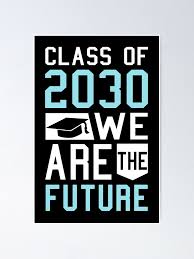
Class of 2030
The ways people interact, socialise, and work are shifting rapidly. By the time the kindergartners of today become the graduates of 2030, the world will be vastly different from anything previous generations have experienced.

The ways people interact, socialise, and work are shifting rapidly. By the time the kindergartners of today become the graduates of 2030, the world will be vastly different from anything previous generations have experienced.
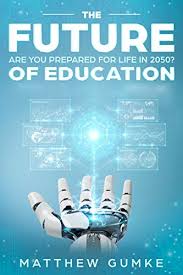
There will probably be no campuses as we know them today. Learning won’t be limited to a physical school. Traveling classrooms and the real world environment will be a new campus. However, city libraries and city laboratories will remain to help students complete their projects.
Statistics:
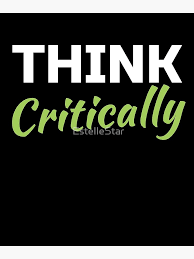
Content that once had to be drilled into students’ heads is now just a phone swipe away, but the ability to make sense of that information requires thinking critically about it. Similarly, our democracy is today imperiled not by lack of access to data and opinions about the most important issues of the day, but rather by our inability to sort the true from the fake (or hopelessly biased).
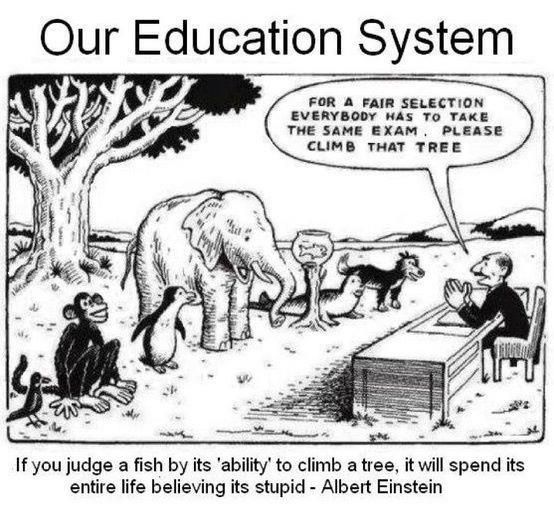
.As more test-based targets are set each year, the focus on the annual standardised test becomes ever more intense, and the education debate is narrowed, and as it narrows, we ignore some of the big trends that are causing considerable damage to our education systems
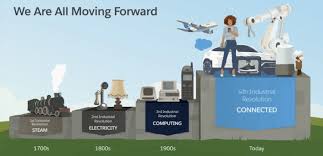
How do schools play its part? A new model is required. At first blush, this report is in line with folk knowledge that sees the common denominator for occupations in decline to be a lack of high-level education. However, the World Economic Forum also predicts occupations such as paralegals, accountants, administration managers, executive secretaries, and data entry clerks to contract. That’s because the common denominator isn’t education; it’s job-ready skills. However, should not our eduction system be the vehicle to job-ready skills? The second download gives examples of schools showing the way. have a look!